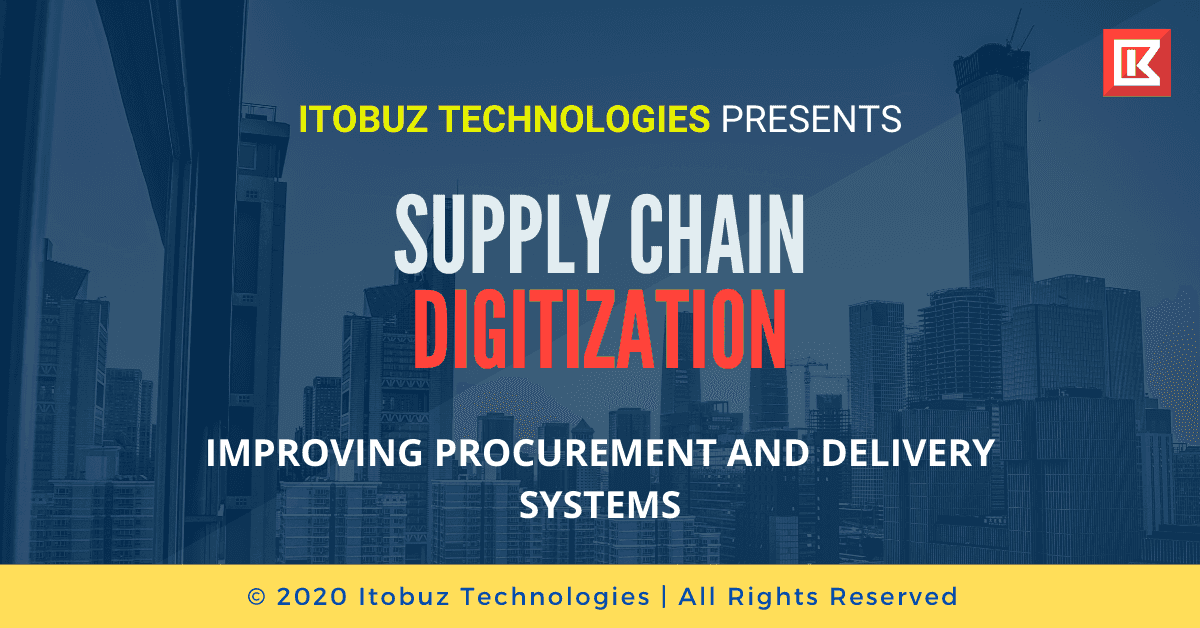Celebrating 14 Years of Success, Grandeur & Togetherness

Recent Articles

Itobuz Technologies |
How to Choose a Custom Software Development Company?

Itobuz Technologies |
What is Enterprise Application Development? And It’s Benefits

Itobuz Technologies |
Everything You Need to Know About SaaS Software Development
